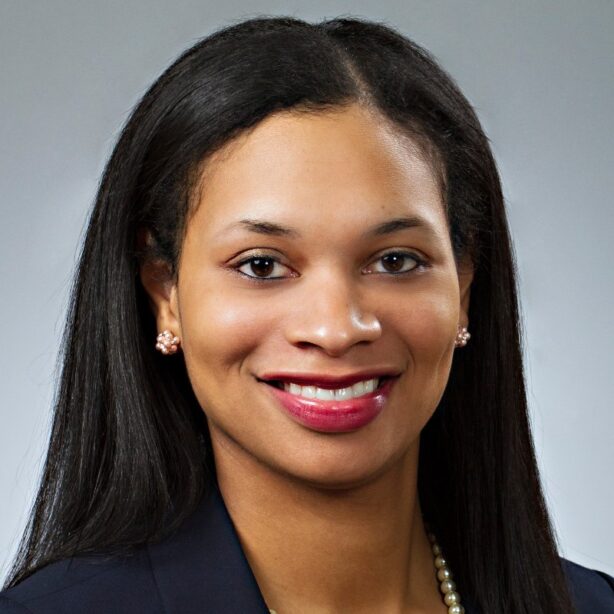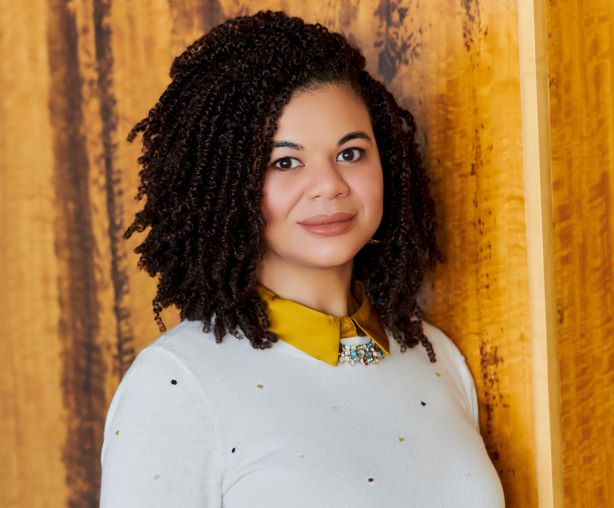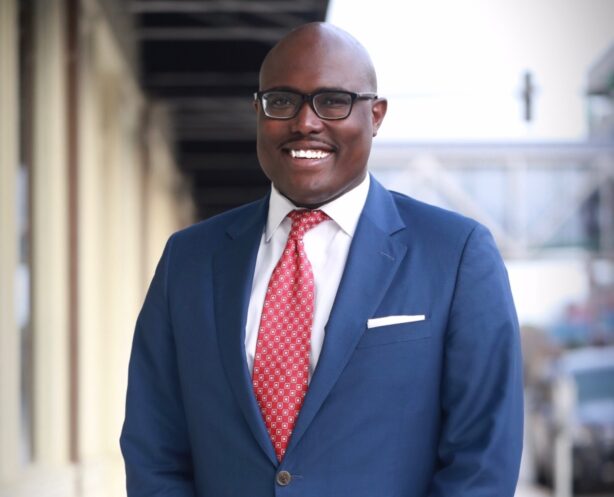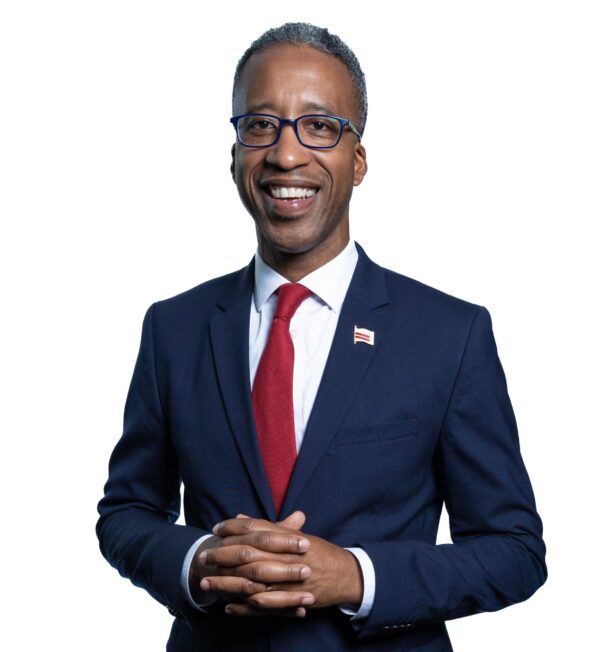
New York’s top court affirmed Tuesday that a measure expanding access to absentee voting in the state is constitutional, rejecting a lawsuit led by House GOP Chair Elise Stefanik (N.Y.).
The New York Court of Appeals ruled 6-1 that New York’s Early Mail Voter Act, which allows registered voters to submit ballots early by mail in any election where they are eligible to vote, can stand. The measure was signed into law by Gov. Kathy Hochul (D) last year.
“Our task is to rigorously analyze the constitutional text and history to determine if New York’s Early Mail Voter Act is unconstitutional,” Chief Judge Rowan Wilson wrote for the majority. “We now hold that it is not.”
Wilson acknowledged the “difficult” question raised by the Republican-led lawsuit, noting that though the New York Constitution does not contain language explicitly requiring in-person voting, the state’s legislative and executive branches “have often proceeded as if our Constitution requires as such.”
The funding for the reparations commission was in the city’s $21 billion budget, which lawmakers finalized Tuesday, including with a provision directing the Office of the Chief Financial Officer to handle allocating money to create a task force to study how reparations could work.
Council member Kenyan R. McDuffie (I-At Large), who introduced the legislation to create the task force, said the $1.5 million in “pre-funding” ensures that the nine-member reparations task force could hit the ground running if and when the council advances his bill. He said he is expecting to mark up his legislation, the Reparations Foundation Fund and Task Force Establishment Act, in the fall; nine council members co-sponsored the legislation, making passage likely if it gets a vote.
Read more at Washingtonpost.com
Kenyan McDuffie’s push to study reparations for Black residents

Pluralism has long been an ideal commonly invoked to celebrate American civil society, charity, and philanthropy in particular. It’s been defined most often in terms of seeing a diversity of causes and perspectives as an inherent good. The “let a thousand flowers bloom” approach has governed how many people have thought about the norms and institutions that define both large- and smaller-scale giving in this country. But the past decade has witnessed several prominent challenges to the status of pluralism in charitable and philanthropic giving, outlined in recent Urban Institute research on the topic and as a central issue of discussion on the Commons, the Chronicle of Philanthropy’s new digital home for exchanging ideas and solutions about how philanthropy and nonprofits can best heal divides. Some have pointed out how pluralism can dull or discourage critiques of problematic causes, and others have said it is important and urgent to support some causes over others.
The Urban Institute’s Center on Nonprofits and Philanthropy and the Chronicle of Philanthropy brought together leading figures in charitable giving and philanthropy to deepen this debate and to ask what role pluralism does and should play in the charitable and philanthropic sectors.
Together, we explored the history of the concept in relation to giving norms, probed what we really mean when we invoke the term, examined pluralism’s relation to equity, and examined how it might be misused or misunderstood. We also asked whether pluralism might be in tension or compatible with more prescriptive approaches that call for giving to particular causes or institutions over others.
Aisha Alexander-Young Talks about The Place of Pluralism in Charitable Giving

In Little Rock, the support for small businesses is robust, thanks to Mayor Frank Scott Jr.’s unwavering commitment. Numerous initiatives have been launched to foster the growth of small enterprises, from assisting with the complexities of applying for larger city contracts to providing guidance on essential aspects of business management, including help with obtaining a business license, setting up a business bank account and negotiating with banks to eliminate monthly account fees.
Despite these comprehensive efforts, one crucial area had been left untapped — an investment in the early childhood workforce.
Jennifer Glasgow, the city’s chief education officer, recognized the potential early on and had a goal to treat early childhood education as a vital component of the small business ecosystem, extending the same level of support and resources provided to other entrepreneurial ventures. Her vision not only acknowledged the critical role of early childhood professionals, but also aimed to integrate them into the broader framework of small business development.
Continue reading “Strengthening Foundations: Building Capacity in the Early Childhood Workforce”
Strengthening Foundations: Building Capacity in the Early Childhood Workforce



